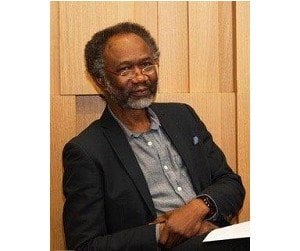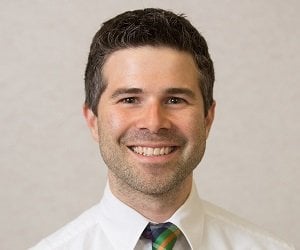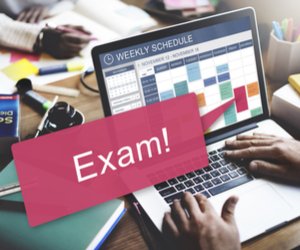
Top 8 Strategies to Prepare For and Ace Your Multiple Mini Interview (MMI)
The Multiple Mini Interview, commonly abbreviated to “MMI”, is one of the most dreaded interview ... Read more
Written by: Behrouz Moemeni
Published on: August 30, 2017
Learn about medicine and how to become a physician in our articles for pre-medical students (including the MCAT), medical students, resident physicians, and practicing physicians.

The Multiple Mini Interview, commonly abbreviated to “MMI”, is one of the most dreaded interview ... Read more
Written by: Behrouz Moemeni
Published on: August 30, 2017

By Brent Schnipke As I have spoken with physicians, residents, and other medical students about ... Read more
Written by: Brent Schnipke
Published on: August 28, 2017

Republished with permission from here. Summer It didn’t take long for the truth to come ... Read more
Written by: Amara Frumkin
Published on: August 23, 2017

I walked into my first rotation with a stethoscope and granola bar in my pocket ... Read more
Written by: Adelle
Published on: August 21, 2017

The only real recollections I have of visiting the hospital before college were once as ... Read more
Written by: Nicole Hawkins
Published on: August 16, 2017

Before giving you some specific strategies to ace Casper scenarios, it’s important to step back ... Read more
Written by: Behrouz Moemeni
Published on: August 15, 2017

Do you know anyone who raves about their mentor? A mentor can offer you expertise ... Read more
Written by: AAMC Staff
Published on: August 10, 2017

Dr Femi Oyebode is a Professor of Psychiatry at the University of Birmingham and a ... Read more
Written by: Gloria Onwuneme
Published on: August 9, 2017

The transition from high school to college is stressful for many students, and perhaps more ... Read more
Written by: Cassie Kosarek
Published on: August 8, 2017

Dr. Shane Quinonez is a Clinical Assistant Professor and the Associate Program Director of the ... Read more
Written by: Student Doctor Network
Published on: August 7, 2017

By Amy Rakowczyk, SDN Staff Writer One of the biggest challenges that arises during medical ... Read more
Written by: Amy Rakowczyk
Published on: August 3, 2017

Shirlene Obuobi draws the life of a medical student in her comic ShirlyWhirl, MD. See ... Read more
Written by: Student Doctor Network
Published on: August 1, 2017

Dear medical students: I’m sorry. You had just finished two years of didactic learning and ... Read more
Written by: Karen Tran-Harding
Published on: July 31, 2017

“So if you don’t mind me asking, why did you make the switch?” I get ... Read more
Written by: Karen Tran-Harding
Published on: July 27, 2017

Updated February 17, 2022. The article was updated to correct minor grammatical errors and formatting. ... Read more
Written by: Guideline Central
Published on: July 21, 2017

With another busy semester behind you, you might be using your summer to work or ... Read more
Written by: AAMC Staff
Published on: July 13, 2017

Walking out of the test center after I had completed the MCAT was a surreal ... Read more
Written by: Cassie Kosarek
Published on: July 12, 2017

If your spouse’s medical studies have recently brought you to a new city, or to ... Read more
Written by: Amy Rakowczyk
Published on: July 6, 2017

Sometimes, Susan Mulroney, PhD, professor and director of the special master’s program at Georgetown Medical ... Read more
Written by: Suzanne Barston
Published on: July 5, 2017